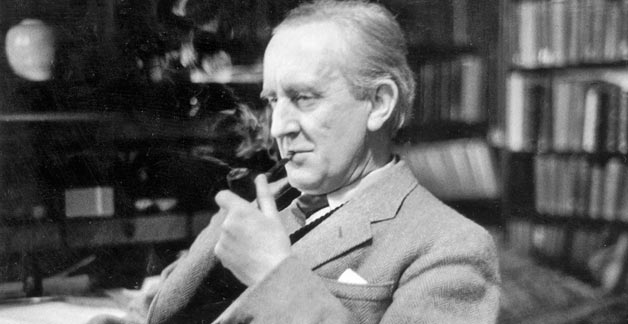
(Thank you all for your previous feedback; I hope that this story proves to be helpful and healing for everyone. I try very hard to not blog too much about myself, but if something occurring in my life might prove spiritually beneficial for others, I will make an exception. I hope this is one…)
PART ONE
First I must go into some background.
While I was growing up, it was my father who was the one from whom I learned all of my most basic beliefs, especially regarding religion and morality. He taught me how to be a man, how to make tough decisions, how to stand firm for what I believed in. So, keep this in mind.
In February of 2010 I was praying and thinking about how in the future I will be called “father.” Even now when I am wearing my Roman collar, many people address me as “father” because, well, I look like one. While I am quick to explain, deep inside of me whenever someone calls me “father” I am so humbled…already I realize that while I am not technically a father yet, already God is cultivating inside of me a fatherly heart, and even moreso He has already brought several spiritual daughters into my life, most of whom who are younger than me or around the same age, a few of whom are many years my senior. Yet I feel as though a father to them, and they often look to me for such support. So humbling; who am I to receive such trust from them, or from God for that matter?
As I took all of this to prayer I asked God to teach me how to be a good father for His many children. Holding onto that prayer it struck me that a man learns to be a father from his own father; in other words, from first being a son. In order to learn to be a father, a son must permit himself to be fathered, to be raised and taught, disciplined and loved. If I desire to love God’s children as He loves them, I must lend myself to being taught by Him to be such a Father, and thus I must lend myself first and foremost to being His son. This realization hit my like a ton of bricks, and my whole world turned upside down.
You see, as a Jesuit and even a little before I entered religious life, my image of Christ was that of a King and my relationship with Him was one of service. What I felt so deeply called to in this experience of prayer was to cast aside my armor and enter that special place where Christ normally stands, not that I would suddenly become King but that I would enter into that special school where God the Father is the teacher and I am more and more made to resemble Jesus Christ (really the goal of every Christian!). And so my relationship with Christ, my whole way of praying, simply would not do. Christ did not desire me to be a servant any longer, but very much a friend and a brother, and not in a kind of soldier-comrade kind of way. A blood brother, a baby brother of sorts, heir to the same upbringing as He received. In the months following that experience I experienced a long stretch of frustrating, dry prayer. I had a very difficult summer as a hospital chaplain, and while my interactions with patients were for the most part wonderful (some were utterly life-changing), prayer was pretty much impossible. I knew God was out there, but where was my Father? So I just kept forging ahead as best I could figure how. Once in a while something would click and I’d get the sense that I was still on the right track, but it seemed like the dry spell would never end.
Meanwhile my father (here on earth) was experiencing some changes in his own life which did not concern me too much at all; really I was pretty indifferent.
Then just before Christmas I received a phone call from my sister, who was very upset. She shared with me that she’d had a discussion with my father and discovered some things about him that seemed completely contrary to the man who raised us. We were both totally heartbroken, and as I hung up the phone I felt this gaping sinkhole forming in my heart. However I wanted to give my father the benefit of the doubt; I did not want to judge or condemn him just yet. Over Christmas Break this past January, however, all doubt was dispelled and I indeed had to come to terms with the fact that I nolonger knew the man and that it was time to mourn the father I once knew, in the hopes of having space in my heart to learn who he had chosen to be now. I felt very much orphaned.
But college life waits for no man and especially would not wait for a mere pseudo-funeral! Classes began and I did my best to get right back into them. Constantly, however, I was thinking about my father and the decisions he had been making, mourning quietly in my heart and in prayer for the “loss” I was feeling and wondering what I was to do. I updated my superior about everything and at the end of our meeting he recommended that I look into possibly going on retreat for a couple of days during Spring Break just to rest and to take all these things to a deeper time of prayer. I was more than happy to oblige.
I had no idea that two days alone in this little shack…

…would change my life forever.
Part Two coming soon! (In case y’all thought this was all there was; there is much more!)




